Knauf Fliesen tile adhesive: characteristics and advantages
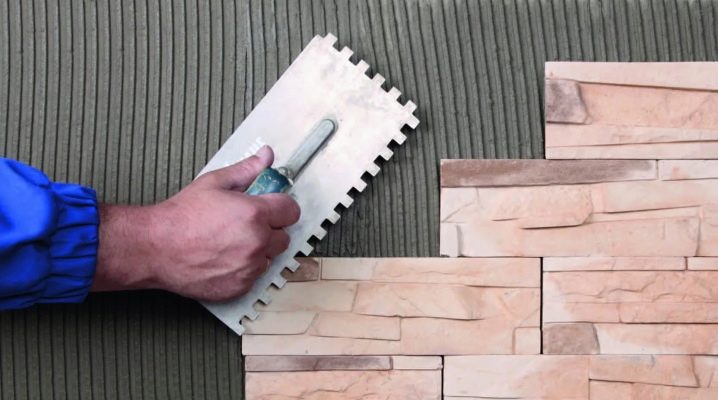
It can be difficult to choose the right material among the variety of facing tiles. Choosing the right tile adhesive is even more difficult. It is best to give preference to high-quality products, since the health of the household and the durability of the entire cladding will depend on it.
Knauf Fliesen is one of the best binders. It has excellent adhesive properties, making it possible to adhere even heavy types of tiles with it.
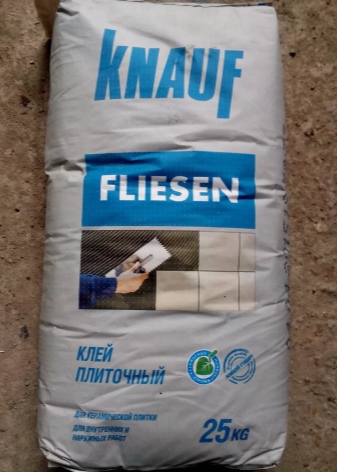
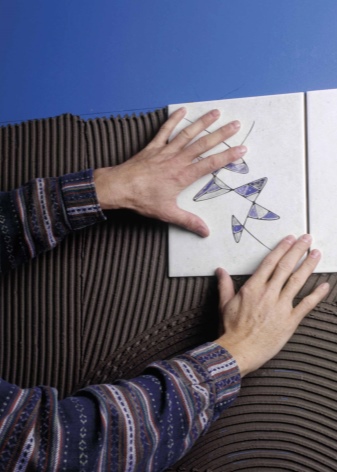
Composition and properties
The basis of Knauf Fliesen tile adhesive is sand and cement, which acts as a binder. In addition, the mixture contains a number of specialized additives that increase the performance properties of the finished product.
Fliesen tile adhesive is sold as a dry mix in strong 10 kg and 25 kg paper bags.
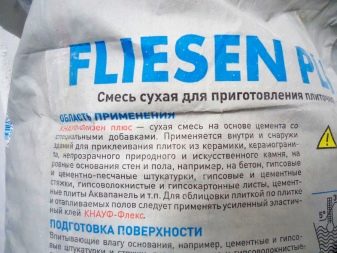
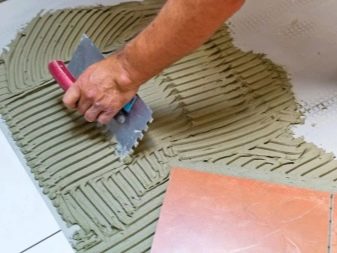
This composition has some distinctive features.
- Plastic. The elastic material is easy to use. Due to its high plasticity, it is convenient to apply the solution on an uneven rough base with depressions or protrusions.
- Frost resistance. Adhesives can withstand up to 25 freeze and thaw cycles without losing the technical characteristics and performance declared by the manufacturer.
- Strength. Due to its high strength characteristics, the glued tiles will hold on to the base for a long time, even with intensive use.
- Resistant to moisture. Due to this feature, the glue can be used in rooms with high humidity.
- Good adhesion of the solution, which is provided by the polymer additives included in the composition.
- Waterproofing hygroscopic mineral substrates.
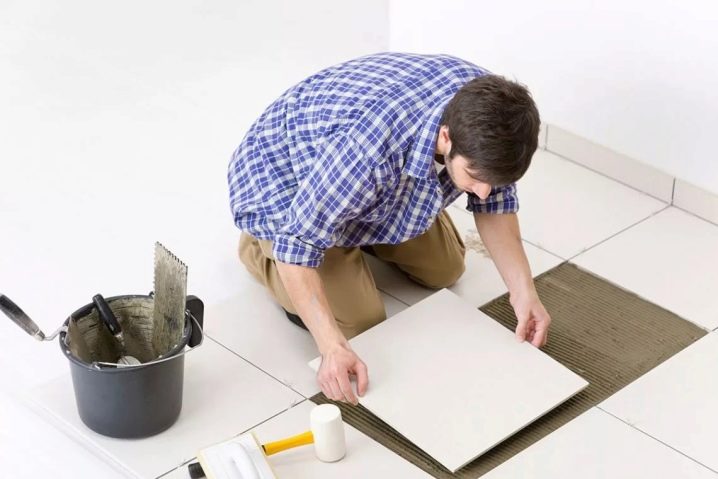
Knauf Fliesen is easy to prepare, for breeding it does not require special skills and abilities. To properly prepare the solution, you need to follow the instructions and follow the proportions and recommendations indicated by the manufacturer on the package.
Specifications
Before buying a dry composition, you need to pay attention not only to its cost, but also to technical indicators.
Knauf Fliesen composition has the following technical parameters:
- high adhesion to concrete bases (more than 0.5 MPa);
- exposure to sharp fluctuations in ambient temperatures (from -45 to +80 degrees);
- fast setting and hardening time of the finished solution (dries within 2 days under optimal conditions);
- economical consumption of mass (from 2 to 2.5 kg per 1 m2, depending on the quality of preparation of the base);
- low coefficient of moisture absorption (does not exceed 3%).
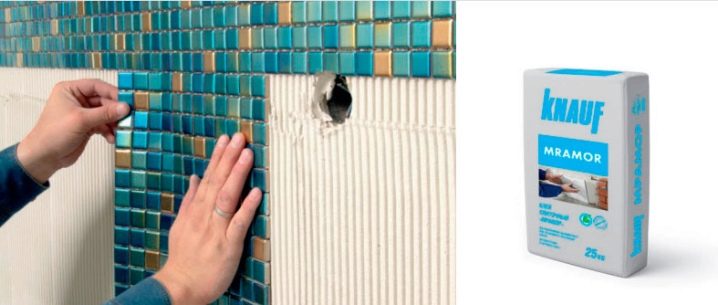
After laying the material on the mortar, the position of the tiles can be adjusted within 10 minutes. The glue has excellent physical and mechanical properties: it does not "slip" and reliably holds heavy finishing materials, even such as stone.
Application and consumption
Knauf Fliesen tile adhesive is universal. It can be used both indoors and outdoors. The composition is able to withstand the harsh climatic conditions typical for Russia.
With the help of a solution, the following materials are fixed:
- porcelain stoneware;
- ceramic tile;
- various types of opaque stones, tongue-and-groove slabs and other materials.
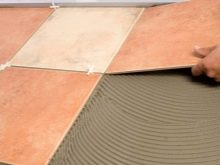
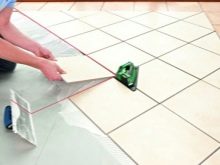
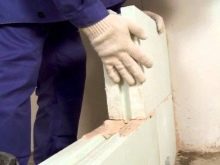
A dry mix will work for almost every base. It can be made of concrete, cement, limestone, drywall and other materials.Also, the solution is allowed to be laid on previously installed matte tiles. Due to the fact that the glue is able to withstand temperature fluctuations, it can be used for arranging floors with a heating system.
The consumption of the finished solution will directly depend on the type of notched trowel used in the work, the level of processing of the base and the calibration of the selected tile.
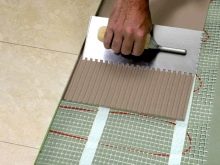
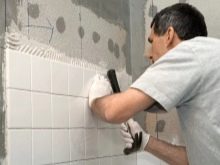
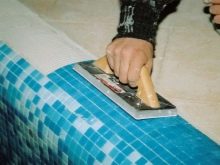
With the maximum allowable layer thickness of the mixture of 5 mm, the consumption per 1 m2 will be approximately as follows:
- for tiles with dimensions of 10x10 cm, no more than 1.8 kg of material will be used (when using a spatula with a tooth length of 4 mm);
- for facing 20x20 cm, at least 2.3 kg of mortar will be required (spatula with 6 mm teeth);
- for tiles of 30x30 cm, up to 3 kg of the finished mass can go.
The mixture is consumed economically, due to which the purchase of the Knauf Fliesen composition can be called a bargain.
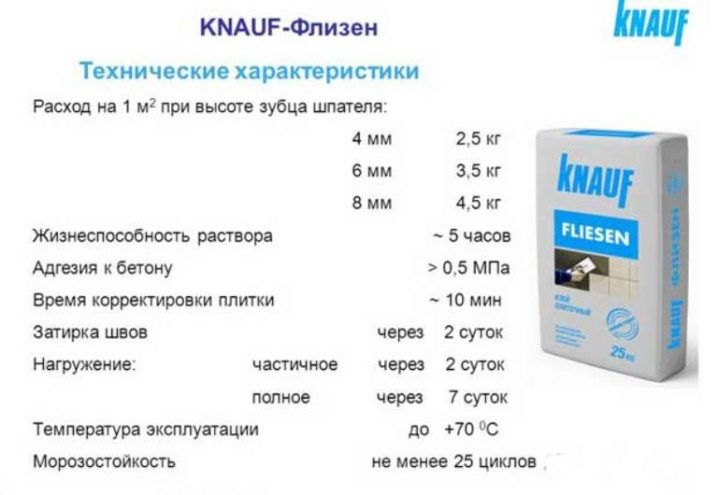
Breeding
Prepare a dry mixture before use. To do this, you need to take 1.4 liters of water and 5 kg of material (to dilute 1 bag, you will need about 7 liters of water). To prepare the solution, you need to pour the mixture into the prepared container with a measured amount of liquid. After that, the components should be mixed using a construction mixer or a drill with a special attachment. You need to knead the composition for 2 minutes. The finished mass is characterized by plasticity and uniformity.
After mixing, let the mass stand for 10 minutes.and then stir again. The ready-made solution must be used within 3 hours (then it will begin to lose its elasticity). Working time with material can be shortened due to too high air temperature or in the presence of drafts. If the mixture has thickened, you need to re-mix it with a mixer without adding liquid. Additional water will degrade the performance of the solution.
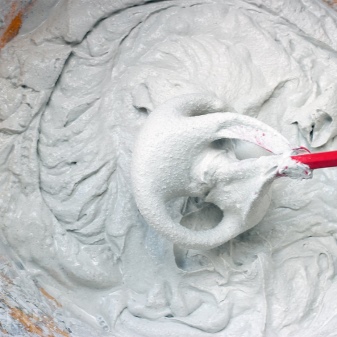
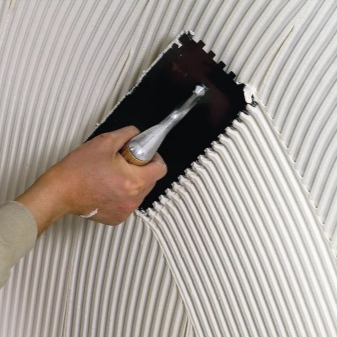
Preparatory work
Knauf Fliesen mortar must not be applied to unprepared substrates. Before starting finishing work, it is necessary to clean the base from various dirt, grease stains, old peeling layers. You also need to rinse off the water-based paint. After all the manipulations, the base should dry well. It is not allowed to apply the composition to wet structures.
When working with a solution, it is important to ensure that the room temperature is within the range from +5 to +15 degrees. If the composition is planned to be used for arranging underfloor heating, the heating system must be turned off a day.
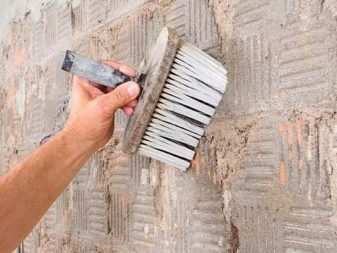
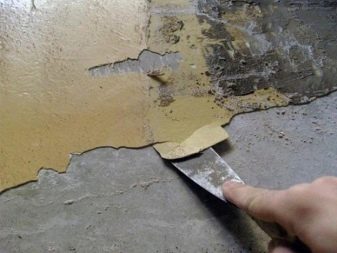
If you intend to apply the material on low-absorbent substrates (for example, concrete), they must be pre-treated with a primer. The primer is applied to the cleaned surface with a brush, roller or spray gun. If the base is characterized by increased moisture absorption (aerated concrete, porous brick), it must be primed at least twice.
Work should be done only after the previous layers have completely dried.
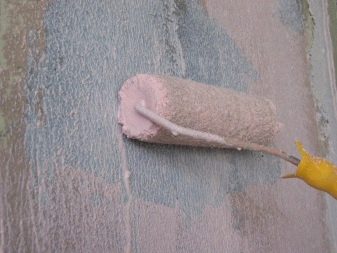
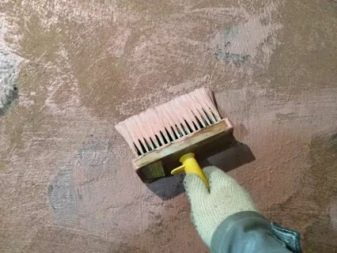
Application of the solution
The ready-made adhesive composition must be distributed evenly over the surface of the base, using the smooth side of the trowel. Then you should "comb" the applied solution with the serrated side. Only the area that can be treated within 20 minutes should be covered with the solution. When working outdoors and installing tiles with a corrugated texture, the solution is applied both to the base and to the finishing material.
After laying the first tile, you need to lightly press it down to the base. Within 10 minutes, it is possible to correct its position, since after this time the cladding reliably adheres to the material.
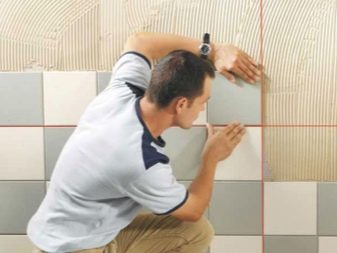
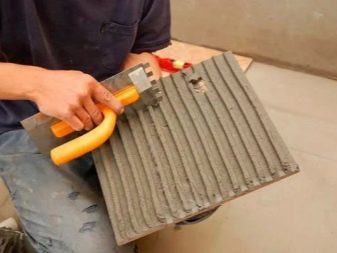
Ceramic tiles are installed using the "open seam" method. In this case, the plane must be leveled using special construction equipment (level, level). If a dried crust forms on the surface of the laid solution, the layer must be removed and the composition must be reapplied. If glue accidentally gets on the cladding, it must be immediately removed with a damp sponge or rag before it hardens.
It is important not to forget that the composition contains cement, which is why you need to follow some safety rules: you should work in protective gloves and do not let the solution get into your eyes. After the installation is completed, immediately rinse all the tools used with water.
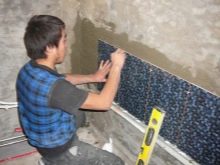
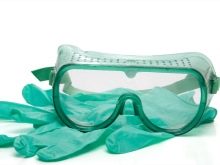
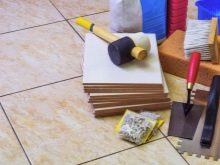
Reinforced composition
Not so long ago, the manufacturing company Knauf released Fliesen Plus, a reinforced tile adhesive. This is an improved modification of the mortar composition. It contains specific components that improve the technical parameters and performance properties of conventional materials. This glue can be used in severe frosts and high humidity conditions.
It is suitable for mounting:
- natural and artificial stones;
- decorative bricks;
- mosaics.
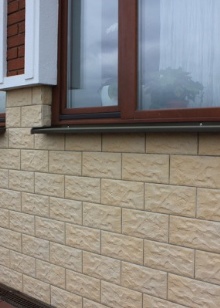
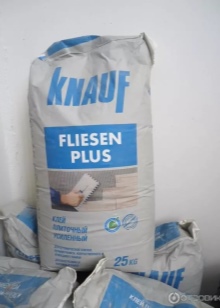
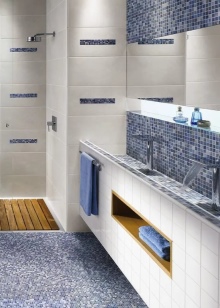
Fliesen Plus can be used for both outdoor and indoor work. It has high adhesion and minimal consumption.
Reviews
Knauf Fliesen tile adhesive is a fairly popular product. He is preferred by both professional builders and home craftsmen who decide to make repairs with their own hands. Consumers highlight the ease of preparation of the solution, its quick setting and the fact that the finished mass does not spread. The product is in the middle price segment, so no one called it expensive.
Customers also like the economical consumption of the finished mass. Among the shortcomings, consumers noted the inconvenient packaging and rapid solidification of the solution, due to which all work must be done promptly, which is not always possible for people without appropriate experience. Judging by the reviews, Knauf Fliesen tile adhesive reliably fixes the cladding: according to consumers, even heavy stone finishes continue to firmly adhere to the base over time.
You will learn more about the advantages of Knauf Fliesen compared to other tile adhesives.













The comment was sent successfully.